BBC's investments in Content pay off as digital businesses grow globally/in India: Myleeta Aga
Sony BBC Earth channel went live at 8 pm yesterday, March 6, 2017. The premium factual entertainment channel is brought by MSM Worldwide Factual Media – a joint venture between Sony Pictures Networks India (SPN) and BBC Worldwide. Sony BBC Earth is available in both SD and HD in English, Hindi, Tamil and Telugu.
As a key differentiator in its category, the channel will have defined programming slots – Why, How & What on Earth at 8 pm for fun and insightful science; Wild Wild Earth at 9 pm for nature and wildlife; and Earth Explorers at 10 pm for adventure and human interest stories. Weekends will showcase distinctive stories with a special slot – Earth Specials. Key launch shows include The Hunt, Where The Wild Men Are with Ben Fogle, Trust Me I’m A Doctor, Snow Chick and the iconic, greatly anticipated series, Planet Earth II, amongst others.
In conversation with Adgully, Myleeta Aga, Senior Vice President and General Manager – South and South East Asia, BBC Worldwide, speaks at length about the content strategy for Sony BBC Earth, licensing deals with OTT players, the carriage fees issue and much more. Excerpts:
BBC Earth has been in the pipeline for long. What was the reason for delay in the channel’s launch?
It’s because it involved two large companies, both international, and there have been a lot of discussion around the content, brand, and it just took that long. There were no particular reasons or issues as such for the delay, but you have to get the regulatory approvals and have your launch plan in place.
What would be the content strategy for BBC Earth?
Most of the content for BBC Earth is through the Natural History Unit, which is the oldest and most prolific producer of factual content in the world. We have been making these content for over 30 years and there is a certain rigour, discipline and time commitment. We don’t look for just a shot of the snow leopard, but we look for THE shot of snow leopard. The snow leopard in the Himalayas is very difficult to spot, so most people who make films about that go, take the shot and leave, but that would not be the approach at BBC Earth, we wait and wait till we get the perfect shot. In the making of ‘Planet Earth II’, which is our landmark series coming soon on the channel, there have been about 5 to 7 scientific discoveries about animals that have been made because of the filming and the filming techniques used. There is a huge commitment to quality storytelling and that’s why the content is of super high quality.
How do you intend to create differentiation for the channel?
There is a good mix of natural history on the channel with shows like ‘Planet Earth’, science programme with Michael Mosley, ‘Trust Me I’m A Doctor’, and adventure series ‘Where The Wild Men Are’ with Ben Fogle, who is one of our home grown talents. These are the three broad buckets of content that we will be showcasing on BBC Earth.
What are your observations on the factual entertainment space in India. What do you consider to be the growth drivers?
The category has been operating with the same mix of content and players for a good 10 years. Hence, the timing is great for BBC Earth to come out with something fresh and distinctive, and our expectation is that the category itself should grow through the addition of a new quality player.
The fact that BBC Earth is available in multiple languages – Tamil, Telugu and Hindi, besides English – is a huge growth driver. And because of the quality of storytelling, which is not just about doling out facts but also about following the characters, that is going to generate enough interest in people to sample the genre more.
In November last year, BBC World Service had effected its biggest expansion since 1940s. What kind of changes have been made in the content strategy for India as well as the technology push?
BBC Worldwide has thousands of hours of content and not all of that is in this genre, but the genre itself has a lot of content. The joint venture company partnership between Sony Pictures Networks and the BBC will be selecting the content based on three buckets – Natural History, Science and Adventure.
There has been a lot of technological work done to enable us to look at the world in a different way and a lot of that work is done by the Natural History Unit, which is a part of the BBC. The introduction of cameras that can travel as close to ground level to enter a tiny tunnel for mouse and squirrels to drone technology, where we can use flying cameras to capture things that are not possible to do just from a helicopter. A lot of technological innovation is happening because we design our technology to help us tell these great stories.
BBC has signed licensing deals with Amazon Prime, Hungama, and Vuclip. Please elaborate on BBC’s digital strategy for India and the kind of investments being made.
I look after both India and South East Asia and these are very distinct markets in which digital consumption of content is on a growth path. We have seen the quickest evolution of content consumption in digital over the last 12 to 18 months. We see that where we were selling our prime dramas – ‘Sherlock’, ‘Dr Who’ – to channels like Colors Infinity or FX, now we are also seeking it out to various digital platforms and our revenue split has changed considerably. That’s been a very positive thing for us, and as a content owner these are good times because you can look for an audience, whether it’s on a small digital platform or just catch-up service platform and you can serve that audience specifically for the kind of content they are looking for.
The intake of content on BBC is at par with the big US studios. BBC Worldwide investments in Content pay off as digital businesses grow globally/in India.
BBC’s original dramas and series have always had a strong audience base in India. Now with cable digitisation set to cover the entire country, are there plans to re-introduce BBC Entertainment in India?
BBC Entertainment channel’s proposition was slightly caught in the middle because it was a general entertainment mix of English content which is not quite like GEC, but was also not super niche and well defined, and at the time the cable digitalisation process was very much delayed. We have reworked our content, brand and fans and sharpened the brand offering. We have great expertise in factual entertainment and natural history, which is represented in BBC Earth; we have great expertise in British Drama, which is represented by BBC First; we also have BBC Brit, which is a male-focused factual entertainment; and we have CBBs. Now that our brand proposition is very clear and well articulated, we are root agnostics to the market.
We believe that we are a content company and each of these brands can reach markets differently, based on what the market needs. In some places BBC is a channel, while in some places it is on OTT, and in some places it is just a block on another channel. In some places we give those programmes to third party broadcasters. We will most likely look next year at things that we can do with our drama content, but at the moment some of our key dramas are on AXN and FX. We also have a new line-up coming up this year. We are open to re-introducing BBC Entertainment, but at the moment there are no concrete plans for it.
Do you think carriage fees is still a contentious issue? What does the broadcast industry need to do to address this issue?
With the growing spread of digitisation, the carriage fee situation has certainly improved from before. In some cases it is the placement fees, but there is still a lot of room for growth. Once you get the addressability through Phases 3 and 4, carriage fees can drift away.
The broadcast industry is doing a lot to address the issue. All the major broadcasters are actively engaging in conversations with the regulators and with platforms, but the challenge in the broadcast industry is the ecosystem. Until there is addressability for platforms, there is not going to be transparency for broadcasters. Until broadcasters have more visibility on their own revenues, they can’t invest in more content. All of it works together and the efforts that are on are the right ones, but new issues keep coming up. We are headed in the right direction and it would be great if we could accelerate that process. The next 3 to 5 years are going to be very interesting and one of the things that we will see is these digital platforms coming to age, because there are a lot of digital platforms now. Some of them are primarily catch-ups, some are independent English or Hindi content, and big players like Amazon and Netflix. When the home grown players grow and mature more, we will see the way content is consumed amongst them, between them and also how that impacts broadcasting.
We have seen it happen in other markets. Singapore, for instance, is very small, but it has almost 100 per cent connectivity and people are consuming whatever they want to consume on digital or television and don’t really seem to pay attention to the platform. Content is what they look for.


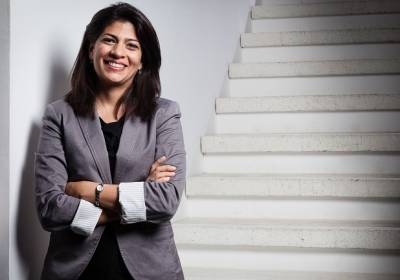
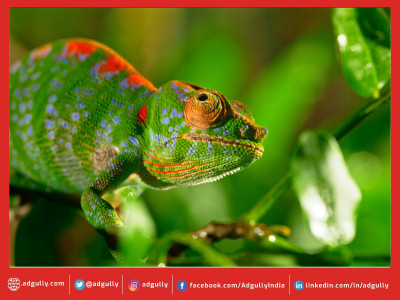
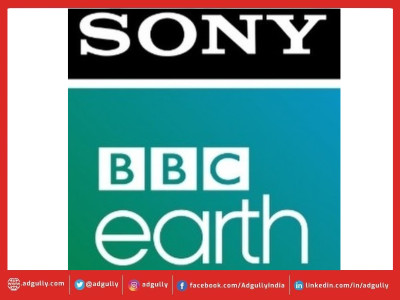
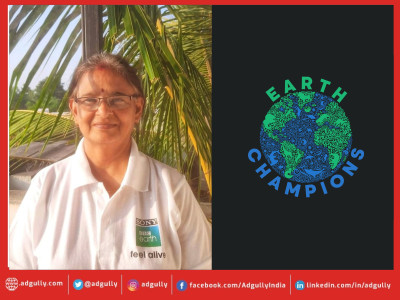
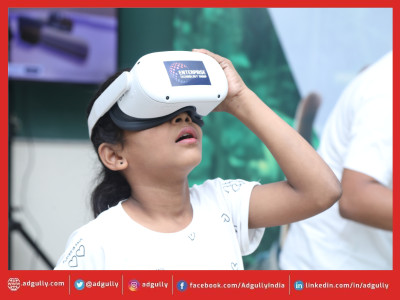
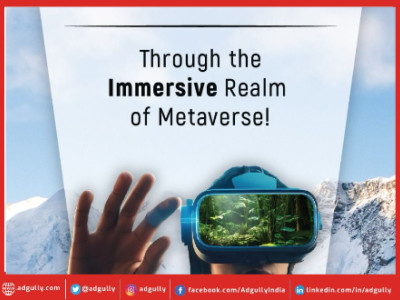

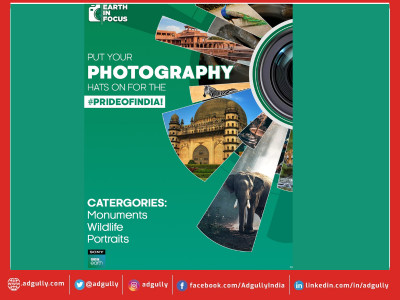
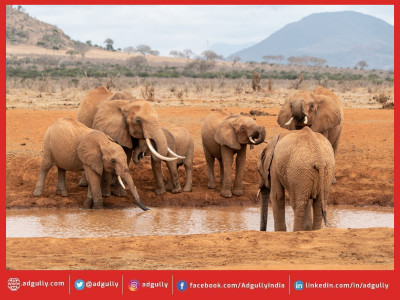
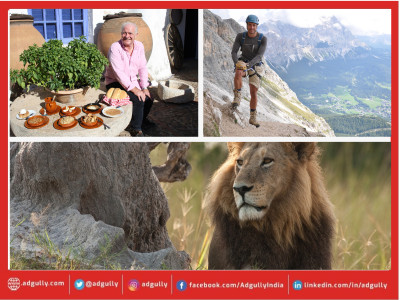
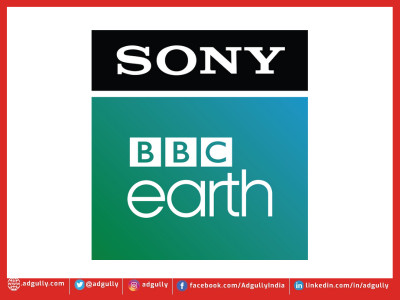
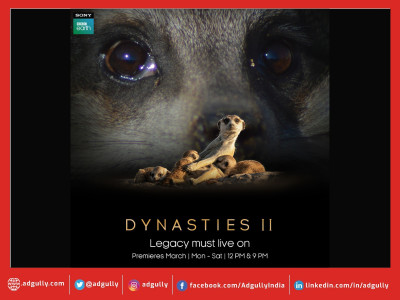
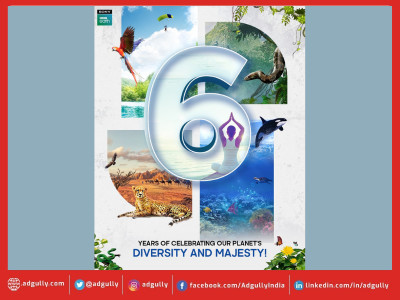

Share
Facebook
YouTube
Tweet
Twitter
LinkedIn